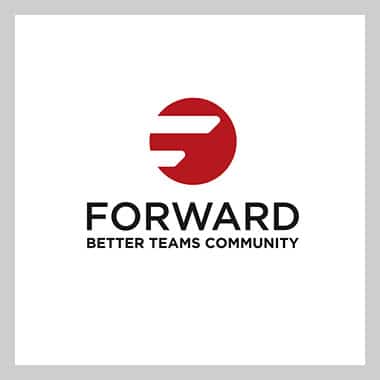Do you know the five things that will increase your team’s motivation and commitment to the work?
David Rock’s SCARF Model describes the five domains that ignite threats or rewards. These five areas are critical to consider when leading others. Leaders need to be mindful that all five domains are important to motivate and influence others. When teams believe they have Status, Certainty, Autonomy, Relatedness, and Fairness – they are happy and fulfilled. But, if any of these five domains is missing – they feel threatened.
When leaders understand these critical elements, and consciously address them, teams will have a higher sense of trust, feel more empowered, and perform better.
____________________________
Below is a summary of the five domains and an example of how you might address each one during a significant change:
1. Status – The need to feel important and significant.
Team members may think:
- Am I getting selected for projects or assignments?
- Do I get enough recognition?
- Do others respect my opinion?
Leaders can:
- Describe how significant each person is and what they bring to the team during this change.
- Assign key tasks, roles to members of the team.
- Ask for opinions and perspectives of the team members.
2. Certainty – The need to know what to expect.
Team members may think:
- Am I clear about what this new change is and why it is happening?
- Do I understand how this change will impact me?
- How long will this change last?
Leaders can:
- Point out anything that remains unchanged.
- Provide as much information as possible about the change.
- Update the team on a regular, predictable basis.
3. Autonomy – The need to have personal control over events.
Team members may think:
- Do I have the freedom to make choices and take actions?
- What do I have control over?
- What and/or who can I influence during this process?
Leaders can:
- Allow team members to make independent decisions about how to respond to the change as much as possible.
- Encourage team members to share their ideas and recommendations.
- Do not micromanage.
4. Relatedness – The need for personal connections to others.
Team members may think:
- Do I feel safe in my work relationships?
- Do I feel like my manager and my team get me?
- Am I in sync with my team?
Leaders can:
- Acknowledge each person’s emotional reaction to the change.
- Allow each team member to process and respond to the change in their own way.
- Reach out to each person individually to check in about how they need to be supported.
5. Fairness – The need to be treated equally and justly.
Team members may think:
- Do I have as much as those around me?
- Am I given equal opportunities?
- Why is so much being asked of me?
Leaders can:
- Notice when a team member thinks something is unfair and address it quickly.
- When possible work to achieve a perceived sense of equality.
- Explain why things are not “fair” if there is good reasoning.
For more about SCARF, and neuroscience, I encourage you to read David Rock’s book: Your Brain at Work. This book is an excellent read for anyone who wants information about how to transform performance by better understanding how our brains work.
About the Author: Leigh Ann Rodgers, Founder of Better Teams and Forward, is an IAF Certified Professional Facilitator with 20 years of experience in the human development field. Leigh Ann is a skilled meeting facilitator, trainer, and coach working across the globe to help leaders cultivate teams that are happy and high-performing.
Learn. Share. Practice. Move FORWARD. Join the Better Teams community, FORWARD, to network and grow with some of the most experienced professionals in the field of team building and facilitation. LEARN MORE


4 Responses
Thanks Leigh Ann, this is really interesting and will certainly take a look at the book. This came in at just the right time as I’m looking at motivation in relation to new managers so perfect timing. thanks.
Thank you Leigh – Glad you found it interesting!
I wish I can continue receiving Better Teams in my new e mail address as mentioned below. Thank you for everything you are doing to help us in our work.
Jean – just send your new email to info@better-teams and I’ll get it changed for you.